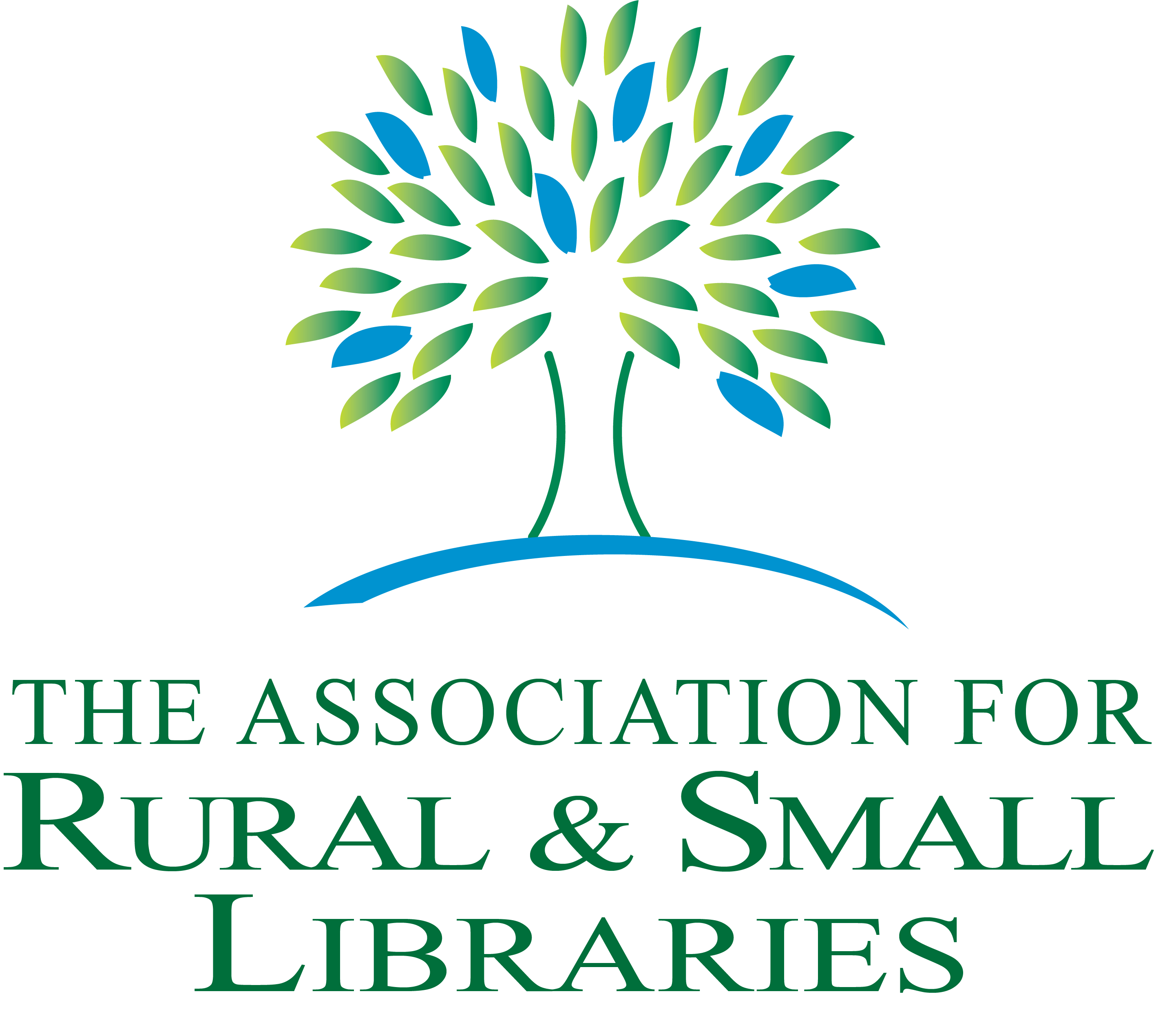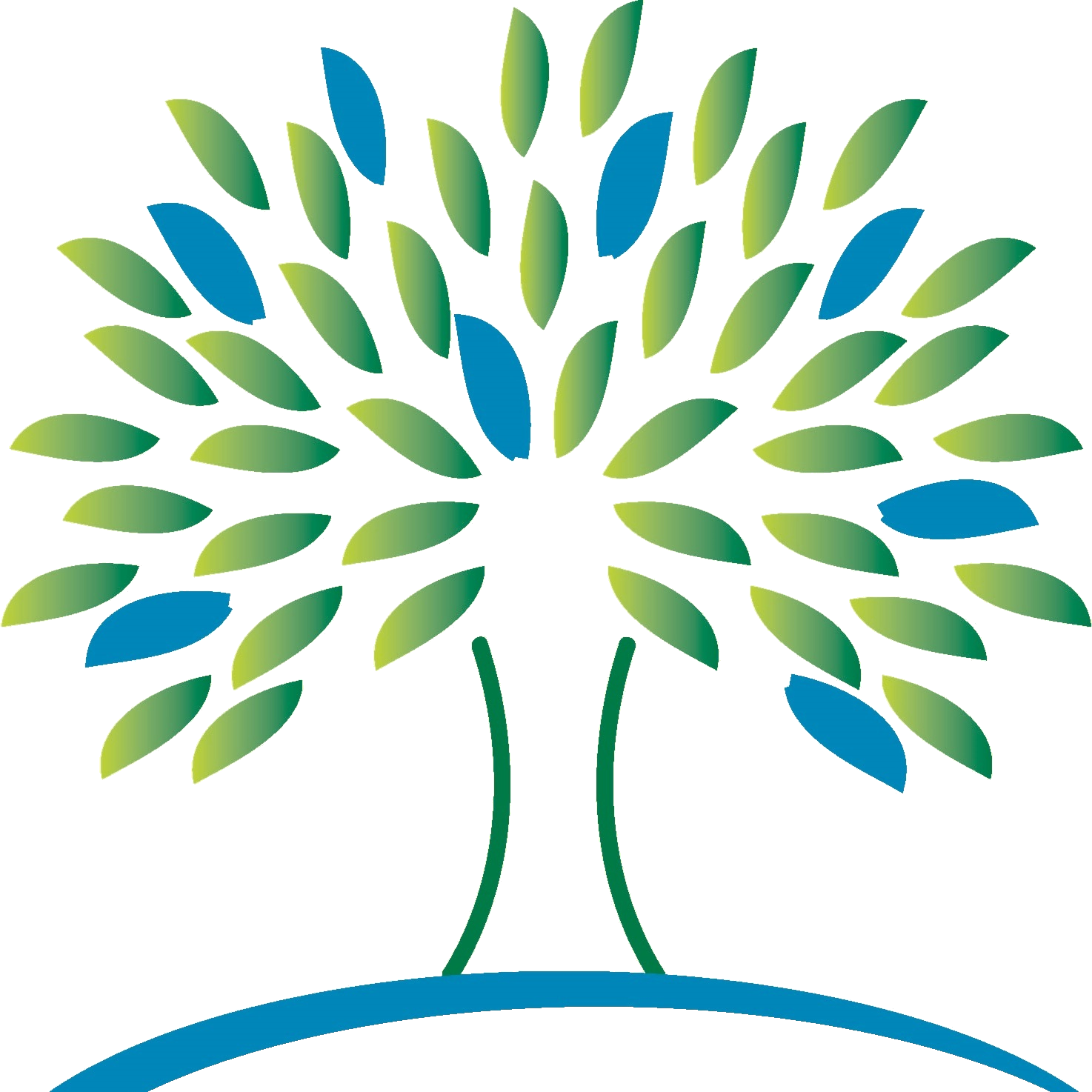ARSL Grant Opportunities Digest
|
|
|
Disclaimer:
These grants have been reviewed by ARSL for applicability for rural and small libraries. Information is provided by 3rd party organizations and subject
to change without notice. Always review the grantor’s website to ensure full understanding of grant requirements, obligations, and deadlines before applying.
|
Rural Technology Education & Assistive Technology (AT) Grants
|
|
|
Important Dates:
Open year-round, decisions are made in 4-6 weeks.
Geographic Scope:
Grants to schools and organizations operating in the United States
Opportunity Criteria/Synopsis:
Grants are typically $500 - $2,500 for staff and student-led projects in public schools and libraries. The projects funded are designed
to help spark student interest in technology-based careers like computer science, computer engineering, information technology, programming, cyber security, robotics, or similar areas.
In some cases, these project donations may include a few smaller items like a Raspberry Pi microcomputer or a robotics kit or entire Maker
Spaces equipped with things like circuit development kits, 3-D printers, robotics kits, and classroom sets of individual microcomputers to build upon. Other projects include early-stage robotics classes, teams, and clubs interested in project-based learning
that culminates in competitive events like FIRST.
The focus is on funding libraries and schools in rural or high-poverty areas that are designed to reach multiple students equitably and
help establish ongoing student interest groups like maker spaces and coding clubs.
Student Scholarship
Programs are also available for students living in rural areas.
Application Requirements:
A short-form application includes contact information, information about the student population, a budget, a narrative about the project,
and the necessary materials.
Reporting Requirements:
Periodic updates are preferred but not required.
|
Believe in Reading – Grants for Literacy Program
|
|
|
Important Dates:
Grant applications are considered as they are received. There are no specific deadlines.
Geographic Scope:
United States
Opportunity Criteria/Synopsis:
Grants are made to organizations with 501(c)(3) status or its equivalent for educational institutions, including public libraries. Believe in Reading will consider funding programs that serve any age or aspect of supporting reading and literacy, including adult
literacy, English as a second language projects, or Braille projects for the blind or visually impaired.
Believe in Reading will supply funds only if they are earmarked for literacy, not just a general campaign. Reading must be the prime activity.
Because addressing literacy is not a short-term process, Believe in Reading’s grants are renewable for up to a maximum of three years,
but a first-year award does not guarantee any subsequent awards. Currently, the maximum grant amount is $10,000; however, the vast majority of grants are for $3,000 or less. First-time applicants will not be funded for more than $3,000.
Application Requirements:
Application, proof of tax-exempt status, history of the organization, stats of success, population demographics, and programmatic details.
Reporting Requirements:
Outcome-based reports are required from the grantee at the end of the project, and interim reports are very welcome. Reports include the amount of the grant and how it was spent, the number of readers served, the number of hours spent by staff, and other simple
figures to give a snapshot of how your program is progressing. Photos are appreciated as well.
|
|
Important Dates:
Next round closes June 30th.
Applications will be open quarterly with the following schedule: Spring Applications open January–March; Summer Applications open April–June; Fall Applications open July–September; and Winter Applications open October–December.
Geographic Scope:
Small U.S. Towns. The project must be located in towns with less than 50,000 people
and should provide a community benefit where it might otherwise be difficult to secure funding.
Opportunity Criteria/Synopsis:
T-Mobile is committing up to $25 million through 2026 to support small towns, villages, and territories across America by funding community projects to jumpstart projects and build stronger communities. The T-Mobile Hometown Grants program funds projects to
build, rebuild, or refresh community spaces that help foster local connections in your town. Projects should be shovel-ready, physical builds or improvements that can be completed within 12 months of receiving Hometown Grants funding.
Examples of eligible projects include but are not limited to adaptive uses of older and historic buildings into community gathering spaces, improvements to outdoor parks or trails, and technology projects for the public library. Funds may not be used for engineering
and architectural plans or fees, salaries or annual operating expenses, or reimbursement for projects that have already been completed.
Application Requirements:
3-5 page proposal must include plans, budget, timeline, anticipated impact, and up to five letters of support.
Reporting Requirements:
Selected winners will provide status updates on their projects at 6 and 12 months. Plans must be able to be executed within 12 months of receiving funds.
|
Tocker Foundation Library Grants
|
|
|
Important Dates:
June grant cycle application deadline is June 1st with notifications typically going out in early-mid August.
January grant cycle application deadline is January 15th with notifications going out in mid-late March.
Geographic Scope:
Rural libraries in Texas
Opportunity Criteria/Synopsis:
The Tocker Foundation is dedicated to the support of rural, public libraries in Texas serving populations of 12,000 or less. The Foundation's biannual General Library Grant program focuses on enhancing public library services. Past grants have supported collection
development, technology and equipment upgrades, new programming, and other projects initiated by the community's patrons. The Transformation Grant program helps libraries rethink and recreate space for today’s uses by pairing the library’s staff and leadership
with an architect. Interested applicants for both programs must first contact the Foundation staff. (Automation Grant and Newspaper Digitization Grant applications are accepted throughout the year.)
Application Requirements:
Brief application which includes contact Information, specific library information, budget and narrative of the grant funding need.
Reporting Requirements:
One grant project report due one year from the date the grant was awarded.
|
|
Winning Grants, Third Edition (2024)
offers a straightforward five-step process to help libraries secure funding. Packed with practical examples, 18 worksheets, and inspiring success
stories from nine grant-winning libraries, this guide is an essential resource for grant seekers.
Written by Stephanie Gerding—an
experienced grant writer, reviewer, funder, evaluator, and project manager—this edition emphasizes strategic planning and community-centered approaches to maximize funding success.
|
Online Community Recommendation
|
|
|
Library Support Network—Designed
as a space for collaboration and support, this network fosters peer-to-peer sharing, strengthens advocacy efforts, and amplifies fundraising initiatives for collective impact. By building a sustainable community, the Library Support Network empowers libraries
to secure the resources they need to thrive.
Raising money for libraries comes with unique challenges, and the Library Support Network is here to help navigate them.
|
|
|
|
|
|
Contact Info:
The Association for Rural & Small Libraries
PO BOX 33731, Seattle, WA, 98133
(206) 453-3579
info@arsl.org
|
|
|
|
|


